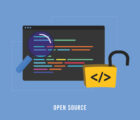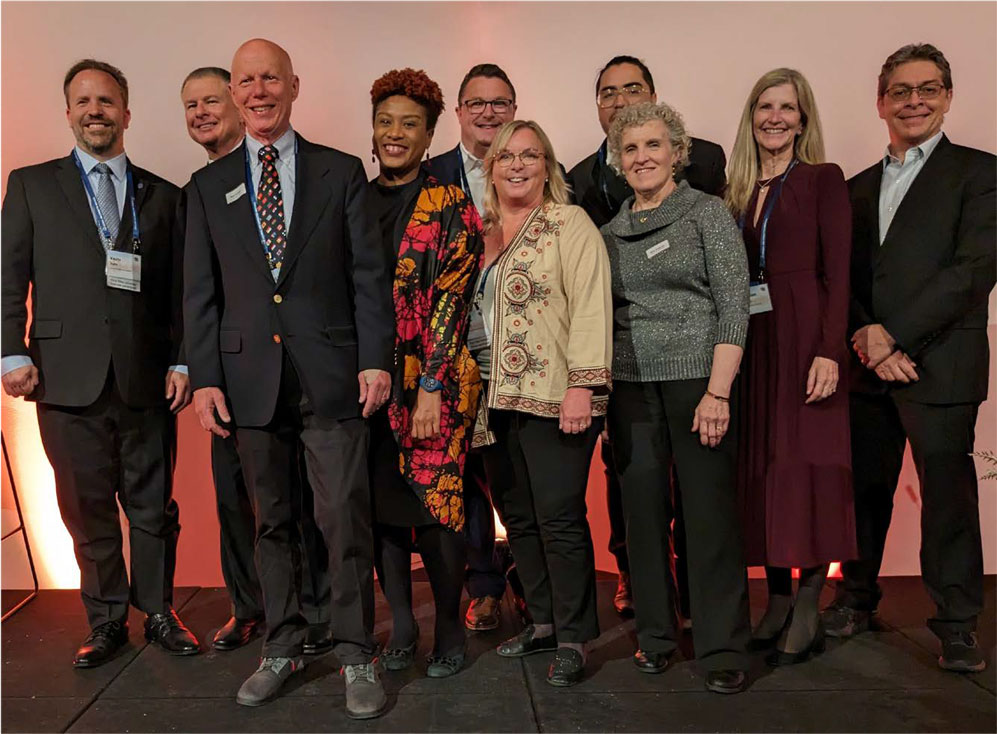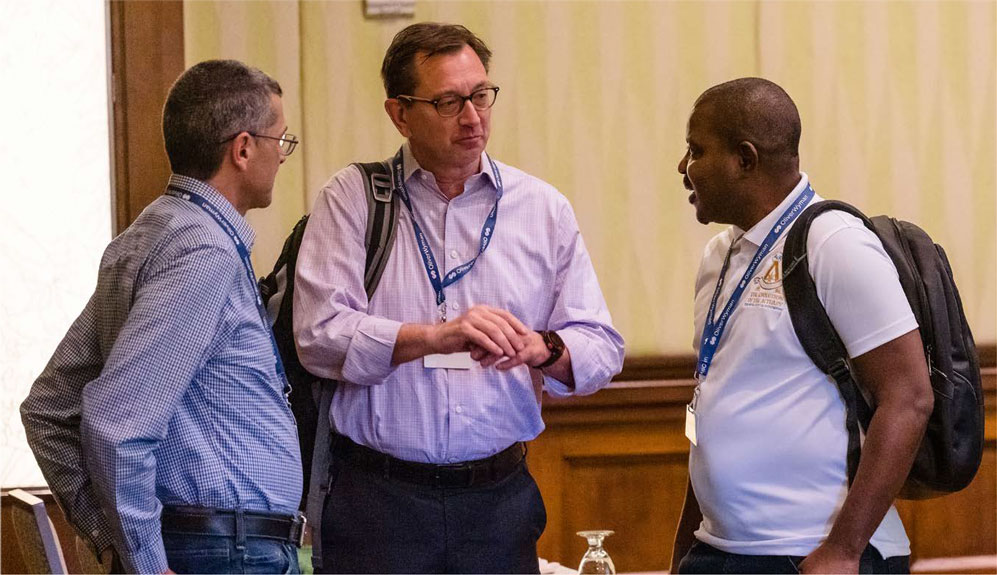We all know that taking and passing actuarial exams is difficult, requiring immense discipline and effort by candidates. In the U.S., employers commonly provide valuable support to their actuarial staff, including study hours, reimbursement of exam fees and materials, and financial rewards for achieving designations. Even with strong support and incentives, going through all the exams is a long and challenging process.
Now imagine going through the exams without any support from your employer. That was the reality throughout Latin America — until recently when some employers created CAS exam support programs for their actuarial staff. I interviewed two actuarial leaders who championed the creation of programs in insurance carriers in Brazil and Colombia, to learn about their motivations and the early results of their initiatives.
Alejandra Zaparolli, ACAS, is vice president and senior pricing actuary at Swiss Re Corporate Solutions. Zaparolli is based in New York and leads a growing team of actuaries based in Brazil.
Juan Moreno is head of reserving at Seguros Confianza, which is majority-owned by Swiss Re Corporate Solutions. Moreno is based in Bogotá, Colombia, and leads a team of reserving actuaries.
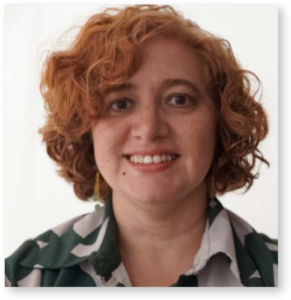
I was curious to understand what motivated Zaparolli and Moreno to champion the creation of CAS exam study programs within their organizations. Zaparolli mentioned that her employer already had study programs for actuaries in other regions, and in Latin America there was a program for reinsurance actuaries taking Society of Actuaries (SOA) exams. She identified the gap and supported the expansion of the program to P&C actuaries interested in taking CAS exams. Moreno saw an opportunity to enhance the skill set of actuaries, to ensure that there is a strong talent pipeline that is prepared for future leadership roles.
With these programs being nascent in the region, I would have imagined that any support would be limited when compared to what employers have been offering to actuarial candidates in the U.S. for decades. However, I was pleasantly surprised when Zaparolli told me that the program in Latin America mirrors the benefits offered in other regions — including study hours and financial support for study material and exam fees. Financial rewards upon attainment of Associate and Fellow designations are offered as well, varying by region.
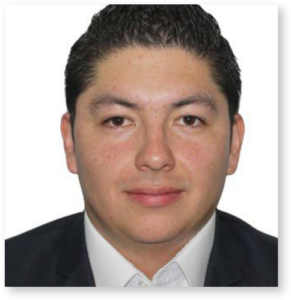
Moreno added that he is also a proponent of strong mentorship to help students set clear goals with regular check-ins to overcome difficulties together — especially as Moreno is also currently taking exams. That enables the team to create mutual accountability and peer support, both in terms of learning syllabus material and in helping each other through the day-to-day responsibilities of their team.
Despite the expectation that these investments in talent will come to fruition in the long-term, when candidates achieve their CAS designations, both Zaparolli and Moreno said that the benefits are already emerging. Moreno said that his team recently developed a risk transfer model for surety, where they had the opportunity to apply concepts that they learned in initial actuarial exams. The model went through a smooth approval with their regulator. Zaparolli mentioned that the study program has helped attract talent and is also the key to developing actuarial leaders, which is beneficial not only to the Latin American region, but to their global operations.
Zaparolli’s and Moreno’s efforts are extremely valuable, as they helped remove major obstacles that students in Latin America currently face when they consider pursuing their designations. We look forward to welcoming their coworkers in the region as CAS members soon!



